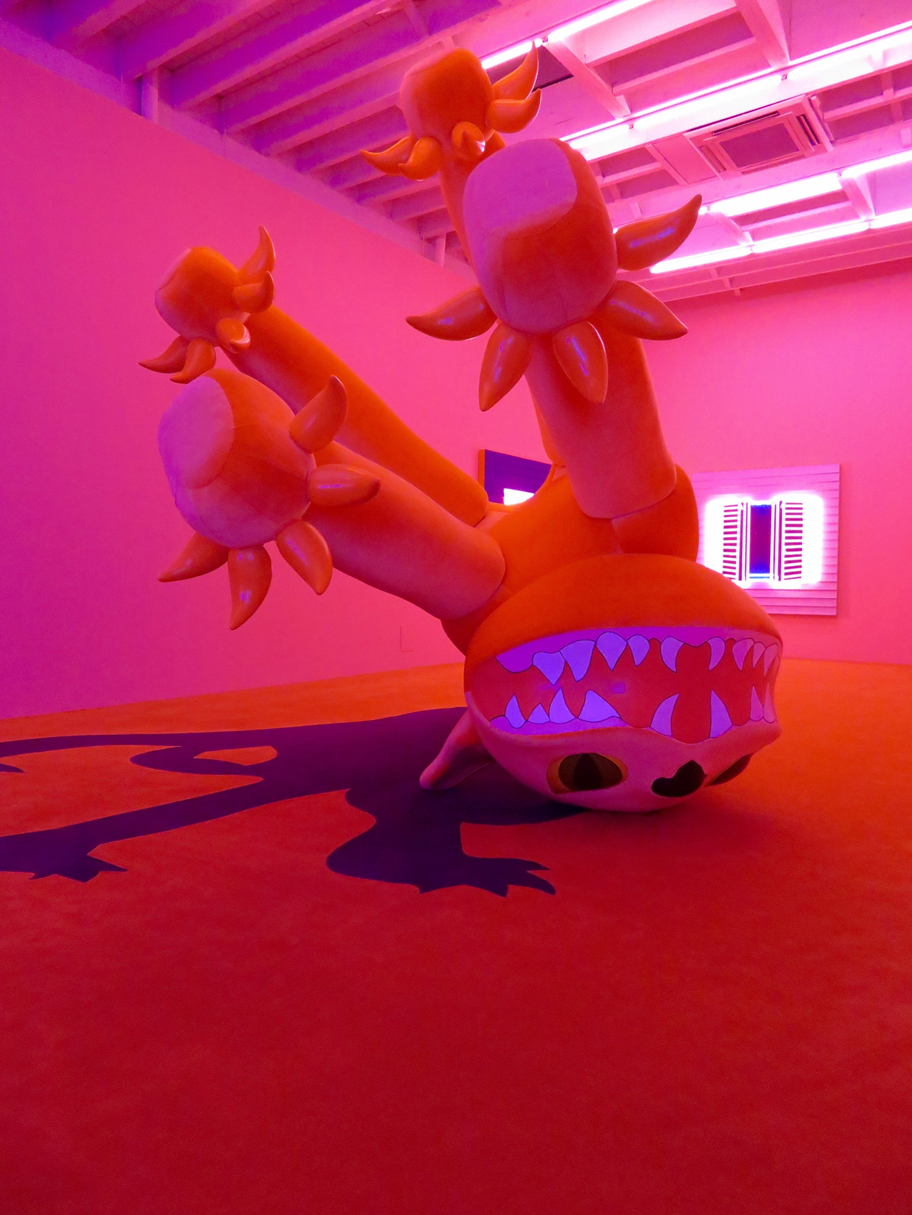
Chris Cheung
No Longer Write – Mochiji
Powered by artificial intelligence’s Generative Adversarial Networks (GANs), the collected works from ancient Chinese Calligraphers, including Wang Xizhi, Dong Qichang, Rao Jie, Su Shi, Huang Tingjian, Wang Yangming, as input data for deep learning. Strokes, scripts and style of the masters are blended and visualized in “Mochiji”, a Chinese literature work paying tribute to Wang Xizhi. Wang is famous for his hard work in the pursuit of Chinese calligraphy. He kept practicing calligraphy near the pond and eventually turned the pond for brush washing into an ink pond (Mochi). The artwork provides a platform for participants to write and record their handwriting. After a participant finished writing the randomly assigned script from “Mochiji”, the input process is completed and the deep learning process will begin. The newly collected scripts will be displayed on the screen like floating ink on the pond, and slowly merge with other collected data to present a newly learnt script. The ink pond imitates process of machine learning, which observes, compares and filters inputs through layers of image and text, to form a modern edition of “Mochiji”.
.
不再写 – Mochiji
以人工智能的生成对抗网络(GANs)为动力,将王羲之、董其昌、饶捷、苏轼、黄廷健、王阳明等中国古代书法家的作品作为深度学习的输入数据。向王羲之致敬的中国文学作品《麻糬》,将大师的笔触、文字、风格融为一体,形象化。王先生以对中国书法的刻苦钻研而著称。他一直在池塘边练习书法,最终把洗笔池变成了墨池(麻糬)。艺术作品为参与者提供了一个书写和记录他们笔迹的平台。参与者完成“Mochiji”中随机分配的脚本后,输入过程完成,深度学习过程将开始。新收集到的脚本会像池塘上的浮墨一样显示在屏幕上,并与其他收集到的数据慢慢融合,呈现出新学到的脚本。墨池模仿机器学习的过程,通过图像和文本的层层观察、比较和过滤输入,形成现代版的“年糕”。



